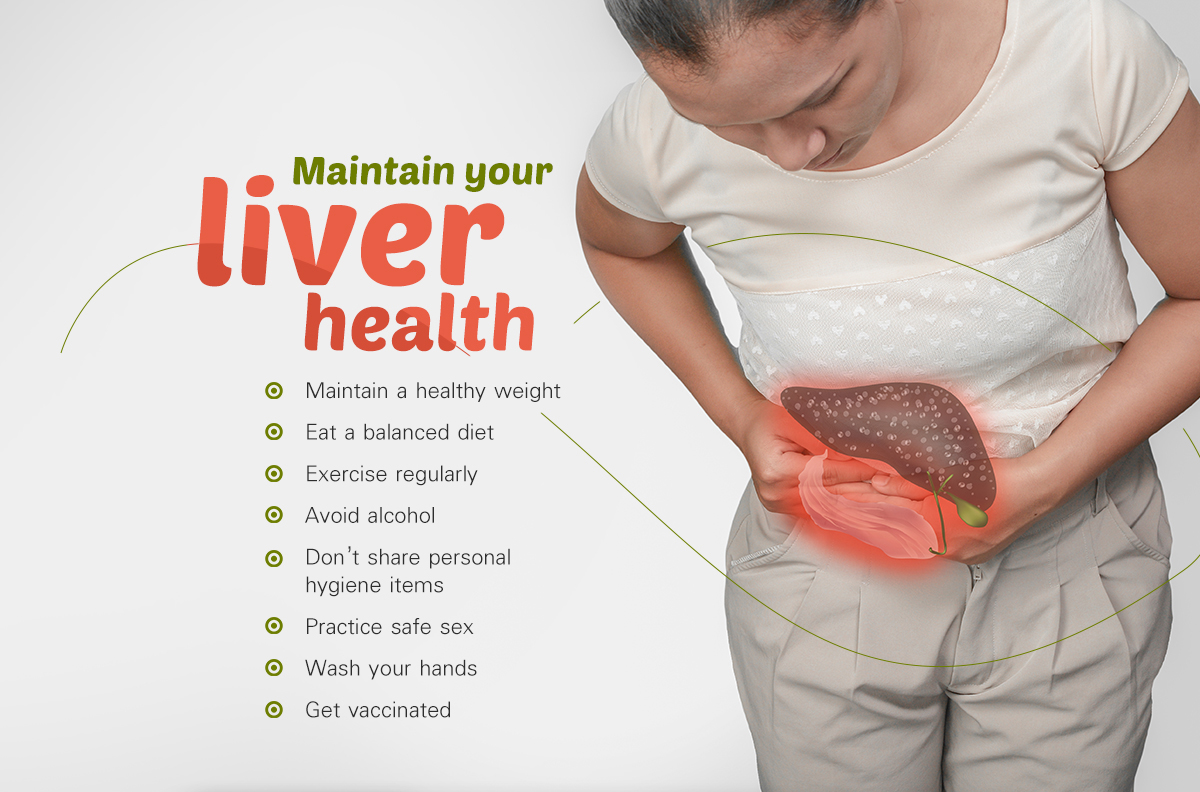
Many people know that their liver helps keep them healthy, but not many understand the impact of their lifestyle on this organ. The main way to keep your liver healthy is by avoiding alcohol and keeping a good diet that includes leafy vegetables, apples, and lemons.
Avoiding toxins is another important way to protect your liver. This means limiting your exposure to cleaning products, insecticides, cigarette ingredients, and aerosol sprays. Drinking plenty of water is also important because dehydration can make your blood thicker, making it harder for the liver to purify.
Eat a Healthy Diet
Your liver does a lot of work, including filtering your blood, neutralising and disposing of toxins, clearing medications and metabolising the fats and natural byproducts of metabolism. It also builds proteins, adjusts cholesterol levels and stores vitamin and mineral supplies.
Experts recommend a balanced diet that includes plenty of vegetables and fruit, whole grains, lean protein and healthy fats. Try to avoid foods rich in saturated and trans fats, and limit your intake of sugar to avoid a build up of fatty deposits known as NAFLD.
Herbs like milk thistle, dandelion root and chicory can also be useful in keeping your liver healthy. Drinking water is vital, since dehydration makes it harder for the liver to purify blood. Drinking alcohol in moderation is also advised, as the liver must process it too.
Drink Plenty of Water
Everything you eat, drink and absorb through your skin is filtered by your liver. You can support liver health by eating a diet that is low in fat and high in micronutrients.
This means avoiding foods and drinks that are high in salt and sugar, and by adding leafy greens, tomatoes, berries and other fruits to your diet. Lean protein is important too, such as chicken, turkey and fish, as are nuts and seeds.
Drinking plenty of water is essential for liver health, as it helps to flush out toxins. Getting enough fluids also aids in digestion and maintaining body temperature. Experts recommend drinking a glass of water upon waking to get your metabolism and liver off to a good start. This helps your body expel toxins that may have accumulated during sleep.
Avoid Medications
The liver is a crucial organ and it can become damaged from too many medications. Over time, this can lead to scarring (cirrhosis) which makes it hard for the liver to do its job. Liver failure may follow, and in some cases, you may need a liver transplant to save your life.
Some prescription drugs can cause damage to your liver, including antiseizure medicines and cancer treatments. Over-the-counter medications such as acetaminophen (Tylenol) can also be harmful in large doses. Even herbal remedies and supplements can harm your liver. Talk to your doctor before taking any natural remedies or supplements.
Chemicals in household cleaners, spray cans, and insecticides can hurt cells in your liver. It’s important to clean up your home and use safer products.
Get Vaccinated
The liver has hundreds of tasks, including filtering the blood, flushing toxins, clearing alcohol and medication from the body, regulating sex hormones and cholesterol levels, and adjusting vitamin and mineral supplies. You can help protect your liver by practicing healthy behaviors and avoiding toxins.
Only four ounces of hard alcohol a day for men (two for women) can damage or scar your liver. Avoid exposure to pesticides and chemicals by reading warning labels and using only safe amounts of cleaning products. Talk to your doctor about hepatitis A and B vaccines, which are available.
Practice safe sex and always use condoms to prevent sexually transmitted hepatitis B and C. Avoid recreational drugs that can damage your liver, and seek treatment for addictions from a professional.
Reduce Stress
Stress is one of the main reasons why many people suffer from liver disease. It affects everything from detoxification to inflammation. The good news is that there are some easy ways to reduce your stress levels. The most obvious way is to start exercising and eating a balanced diet.
The right foods can help the liver function well during times of stress. This includes a diet rich in antioxidants, dietary fiber and good fats. This diet should also be low in fried foods and refined carbohydrates. You should also avoid consuming raw or undercooked shellfish as they can be contaminated with the bacteria, Vibrio vulnificus.
You should also drink plenty of water to stay hydrated. Hydration helps your body flush out toxins and improves your liver’s ability to process insulin and burn fat.